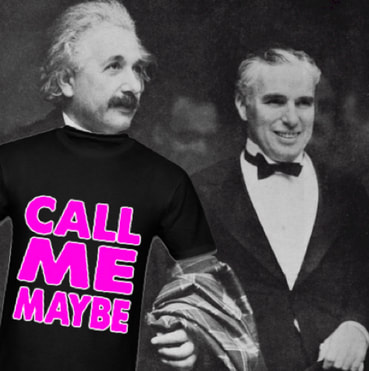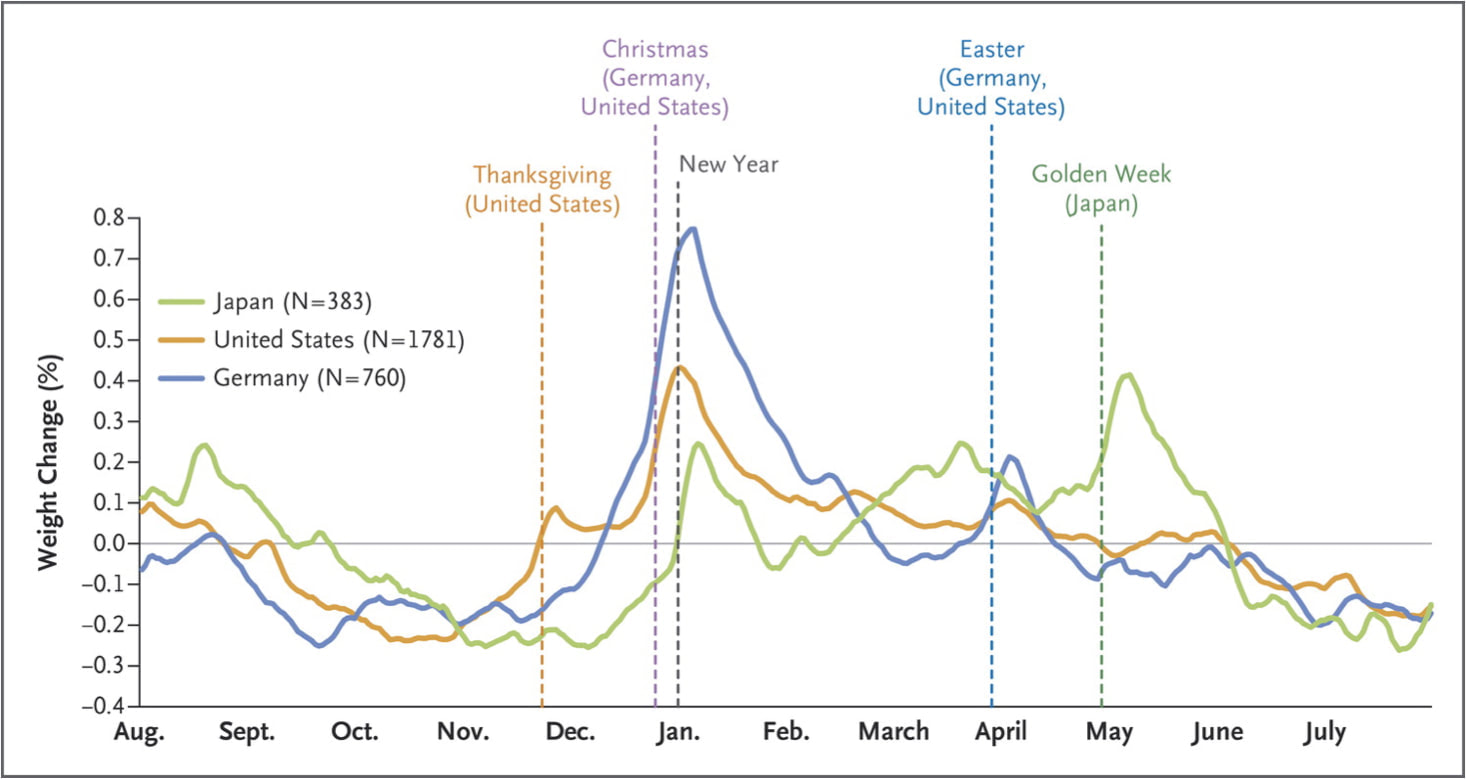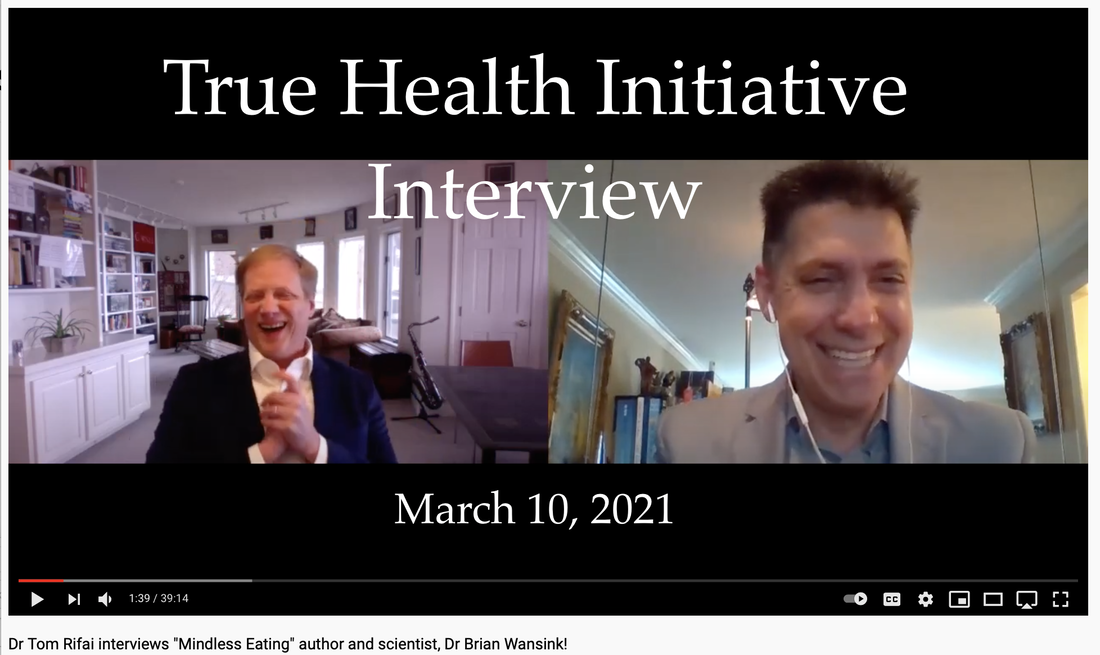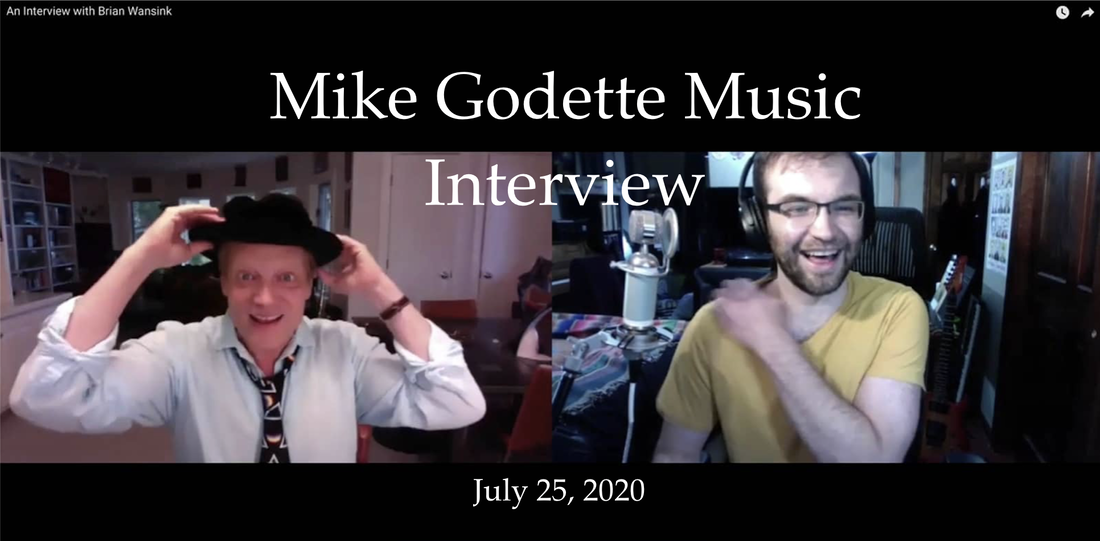|
We're all raised, socialized, and helped by other people.
Some of these people are obvious: parents, close relatives, coaches, and some teachers. But a lot of others aren’t nearly so obvious. They might be that person who recommended we go to one school versus another, helped get us a job, helped lend a hand during a difficult time, or saved us from a desert island that one time by paddling through shark infested waters using only his right arm. With Thanksgiving this month, it can be a nice chance to hit pause and think of 2-3 nonobvious people who might have done a small thing that made a big difference in our life. Doing something as simple as this can do your soul good. On one extreme, it reminds us that we aren’t the self-centered Master of our Universe as we might think when things are going great. On the other extreme, it reminds us that there are a lot of people silently cheering for us when we might think things aren’t going so great. What do you suppose would happen if you tracked these people down and game them a call? It’s four steps: 1. Find their phone number and dial. 2. “Hey, I’m ___; remember me? How are you?” 3. “It’s Thanksgiving. I was thinking of you.” 4. “Thanks” For about the past 30 years, I’ve tried to do this each Thanksgiving. It used to be the same 3-4 people (advisors and a post-college mentor), then a couple more, and this year I’m adding a new one. For some reason, I always look for an excuse why I shouldn’t make these calls. I always find myself pacing around before I make the first call. Part of me thinks I might be bore them, or they already know it, or it’s interrupting them, or that it’s too corny. Yet even if I have to leave voice messages, I’m always end up smiling when I get off the phone. I feel more thankful and centered. Maybe they feel differently too. Still, there’s some years I never made any calls, because I had good excuses. Maybe it was too late in the day, or they were probably with their family, or I called them last year, or I didn’t really have enough time to talk. I’m sure they had some good excuses – way back when – as to why they didn’t have time for me. I’m thankful they didn’t use them. If you can think of 2-3 people you’re thankful for who might not know it, you don’t have to wait until Thanksgiving next year to tell them. They won’t care that you’re a little bit late or a whole lot early. It’s only 4 steps.
0 Comments
Halloween is like Thanksgiving for candy bars. Trick or Tricking is tonight. People sometimes talk about what they were going to do with all of the left over candy that they bought, or which their kids bring home. Nobody plans on throwing it out. All will eventually get eaten. Probably pretty quickly. There is a study in the New England Journal of Medicine that showed that every year Americans start gaining more weight from today and for the next two months. The key take-away is that we shouldn't wait until January 1st to make a resolution to lose weight. We should make a Halloween resolution to not gain weight. Below are some nice details related about the study. The Blue line is the Americans, and you can see that just before November starts, the average weight of Americans grows higher and higher until just after January, when it drops again. Halloween, Thanksgiving, Christmas . . . the indulgent holiday season is near. This study we conducted found that many of us spend months getting rid of that excess weight gained during the holiday season. The study showed that according to yearly national weight patterns, it takes American’s nearly between Thanksgiving and Easter. We also found in a similar study that the weight of Americans begin rising around Thanksgiving, and peak around Christmas and the New Year. It isn’t until after Easter, about a 5 month period, that weight patterns even out.
We also analyzed yearly weight patterns in Germany and Japan. Similar to the US, those in Germany weighted the most around Christmas/New-Year period and those in Japan weight the most during Golden Week in April – a major Japanese holiday. Each country also showed a peak in weight for New Years. Everyone gains weight over the holiday -- starting on Halloween Instead of making a New Year’s Resolution, the best time to make a resolution to keep the pounds off this holiday season might be now. |
Welcome!Here are some tips, tricks, and secrets on how you and your family can eat to be healthier and happier. They're based on over 30 years of our published research.
Fun InterviewsMost Visited Last Month• For You
• Smarter Lunchrooms • The X'Plozionz Band • Help your family • Kitchen Scorecard • Retracted papers • Grocery secrets • Do kids inherit taste? • Be healthier at work • How not to retire • Estimating calories • Restaurant Secrets • Syllabus template Top 2024 Downloads• Kitchen Makeover
• Smarter Lunchrooms • Smarter Lunchroom Scorecard • Grocery Shopping Hacks • Restaurant Secrets • Write a Useful Syllabus • Workplace Wellness Tips • Healthy Profitable Menus Categories
All
|






 RSS Feed
RSS Feed